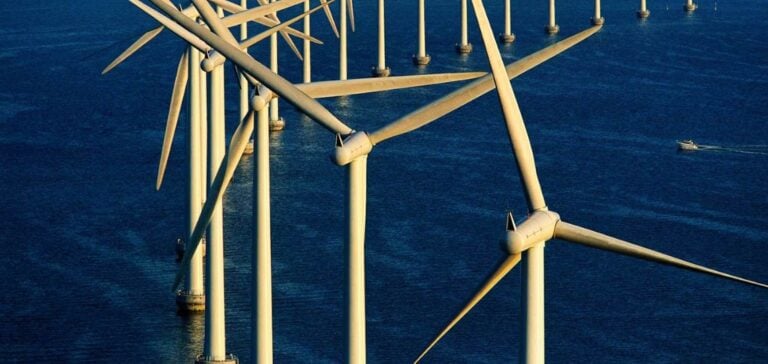European Energy has signed several long-term PPAs with Microsoft, committing the technology company to purchasing electricity generated by wind and solar farms located in Sweden and Denmark. These projects include the region’s first industrial-scale hybrid wind-solar farm, maximizing the use of existing infrastructure without the need for costly new construction. The agreements provide for the supply of over 3.6 TWh of energy over the contract period, supporting Microsoft’s renewable energy targets.
A key partnership for energy growth
According to Jens-Peter Zink, Deputy Managing Director of European Energy, these agreements demonstrate the importance of long-term commitments in the energy sector. “The purchase of renewable electricity by major companies is crucial to the development of the necessary infrastructure,” he asserts. Adrian Anderson, General Manager of Renewable Energy at Microsoft, emphasizes the importance of these partnerships in achieving the company’s objectives. “Working with reliable partners like European Energy is essential to our energy strategy,” he says.
Economic and sector outlook
This partnership is part of a growing trend in which major technology companies are committing to renewable energy purchase contracts to stabilize their long-term energy costs and reduce their exposure to market fluctuations. These agreements also offer growth and investment prospects for renewable energy developers, by securing stable revenues over several years. The renewable energy sector benefits from these partnerships by enabling the financing and construction of new projects, while meeting the growing demand for clean energy from multinational companies. The agreements between European Energy and Microsoft illustrate a market dynamic in which long-term commitments play a crucial role in the development of modern energy infrastructures. This collaboration is an example of a win-win strategy for companies and the renewable energies sector.






















